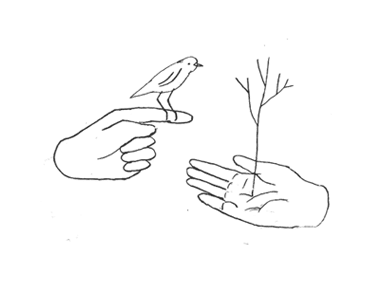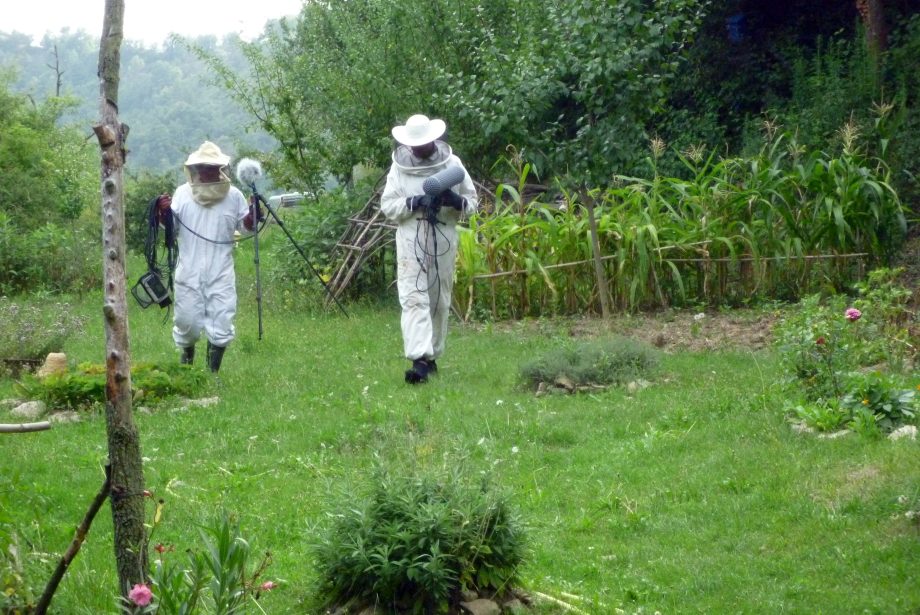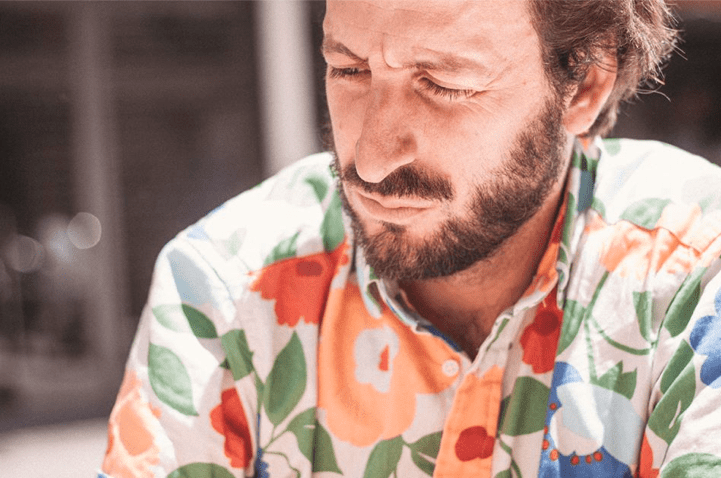Fernando García-Dory
INLAND Campo Adentro
Madrid, Spain · Visual Arts

Sheeps grazing again at Casa de Campo by Jaime Villanueva.
Artist Fernando García-Dory was awarded the 2016 AFIELD fellowship for his project INLAND, based in Spain. Fernando brings together art and agroecology to provide alternative strategies for ecological action and rural revitalization.
INLAND is an artistic project that started in 2009 and examines the role of territories, geopolitics, culture and identity in the relationship between the city and the countryside.
During a first phase INLAND comprised an international conference, artistic production with 22 artists in the same number of villages across the country, as well as exhibitions and presentations across Spain.
Today INLAND works as a para-institution to open space for land-based collaborations, economies and communities-of-practice. INLAND’s activities include: study groups; publications; training schools for shepherds, peasant leaders, and craftsmen; newly commissioned projects by artists and farmers; involvement in local politics; and solidarity networks. INLAND Europa publishes books, produces shows and makes cheese with traditional local techniques. It also advises as consultant for the European Union Commission on the use of art for rural development policies and is recovering an abandoned village for collective artistic and agricultural production.
INLAND is an imaginative, inquisitive, and practical method for relating to our environment relying on peasant and indigenous resistance while also appropriating institutional means.
In the frame of Afield mentorship programs from 2018 to 2020, Fernando became the mentor of Arielle Lehua in 2019, a multidisciplinary artist and social entrepreneur from the island of Maui, and Waysatta Fernandez in 2020, artist and co-founder Crater Invertido Cooperativa.

INLAND drawing by Fernando Garcìa-Dory.

Fernando García-Dory: ‘Lament of the Newt,’ collective performance for Gwangju Biennale, 2016 // Courtesy of INLAND.
Fernando García-Dory (Madrid, Spain, 1978) is an artist whose work engages specifically with the relationship between culture and nature now, as manifested in multiple contexts, from landscape and the rural, to desires and expectations in relation to identity, through to (global) crisis, utopia and the potential for social change.
Interested in the harmonic complexity of biological forms and processes, his work addresses connections and cooperation, from microorganisms to social systems, and from traditional art languages drawing to collaborative agro-ecological projects and actions, and cooperatives.
He studied Fine Arts and Rural Sociology, and is now preparing his PhD on Agroecology. He has developed projects and shown his work at Tensta Konsthalle, Van Abbe Museum, Reina Sofia Museum, Documenta 12 and Biennales of Gwangju, Istanbul and Athens.

Fernando García-Dory.

Fernando García-Dory/INLAND, Shepherd’s school, Otobong Nkanga’s Carved to Flow, documenta 14, Athens, ph. F. Marquez.
